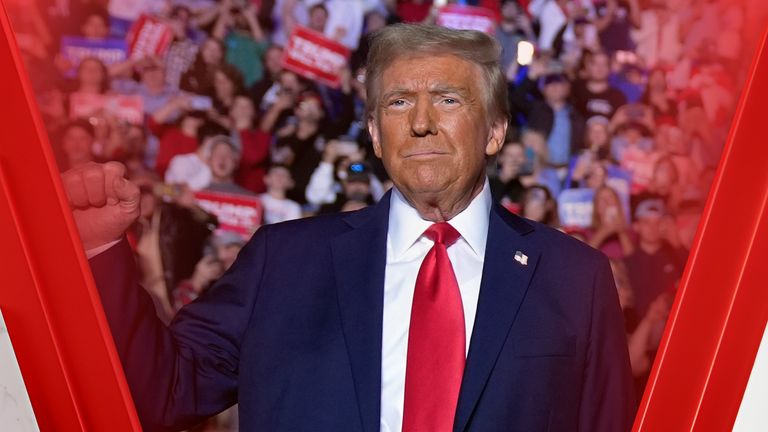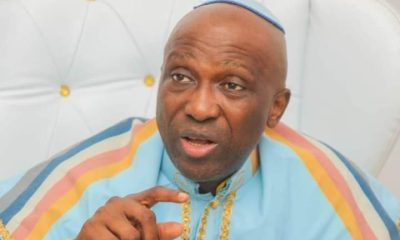WORLD
US Justice Department Confirms Iran Ordered IRGC Operative to Assassinate Trump

Federal prosecutors in Manhattan have just revealed alarming new details regarding an Iranian plot to assassinate former President Donald Trump. According to recently unsealed court documents, operatives affiliated with Iran’s Islamic Revolutionary Guards Corps (IRGC) had discussed plans to target Trump ahead of his potential re-election campaign.
The plot, which was reportedly discussed in September, involved surveillance and the eventual assassination of Trump. One of the operatives involved raised concerns about the high costs associated with carrying out the operation, but was reportedly dismissed by an IRGC official who reassured him, saying, “money’s not an issue.”
This revelation has raised serious concerns about the lengths to which the Iranian regime is willing to go to eliminate perceived threats, especially in the context of the ongoing tensions between the U.S. and Iran.
The disclosure comes at a time of heightened political and diplomatic friction between the two countries, with the IRGC being a central player in Iran’s military and foreign policy activities. The IRGC, which has long been labeled by the U.S. as a terrorist organization, has been involved in numerous covert operations, including support for proxy groups in the Middle East and attacks against American interests.
This latest plot underscores the continued risks posed by the IRGC’s global reach and its willingness to target high-profile figures, including former heads of state, in an effort to exert its influence.
As the investigation into this plot unfolds, it highlights the complex and dangerous nature of modern geopolitics, where threats are no longer confined to traditional battlefields but have extended into covert operations targeting individuals.
The revelation has sparked calls for increased security measures for former and current U.S. officials, particularly those involved in sensitive diplomatic or military actions. In addition, it raises questions about the role of international law enforcement in countering such global threats, especially when they emanate from state-sponsored entities like the IRGC.
This incident also signals the ongoing volatility in U.S.-Iran relations, which have been marked by cycles of tension and confrontation. While diplomatic efforts and sanctions have sought to curb Iran’s influence and activities, incidents like this underscore the persistent threat posed by the Iranian regime’s most hardline factions.
The potential assassination of a high-profile political figure such as Trump would mark a dangerous escalation in those tensions, and the international community will be closely watching the outcome of the investigation as well as any potential retaliation or response from U.S. authorities.



















You must be logged in to post a comment Login